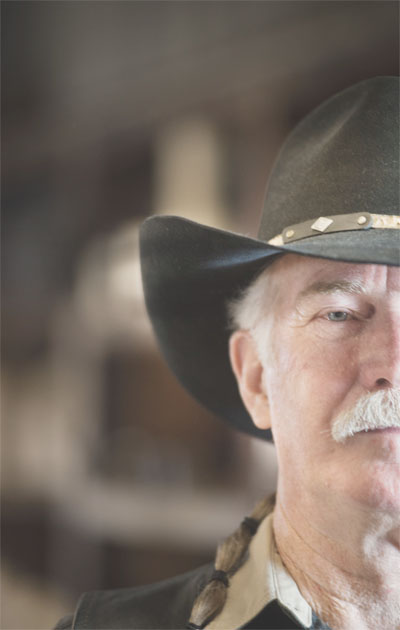Last weekend I visited an area I had lived in for many years. As always, the roads and highways were the same but somehow looked unfamiliar as I passed through towns and villages along the way. New houses and businesses, new shopping strips and renovated or expanded commercial areas, gave the waysides a very new look. Fortunately, the beautiful character of the area was retained. This was Connecticut, and I remember the state as being very attractive. It still is. And, I enjoyed driving while also listening to some great blues music on the car radio. Of course, this produced a sweet-sad emotional reaction to seeing former stomping grounds.
As I thought about my experience, I first chalked up the emotional bit as simply being nostalgia. However, the guest on the program I was listening to, Guy Davis, happened to be talking about playing music associated with another artist. He said that you don’t want to simply play the same notes, or even attempt to capture the style of another artist. Instead, you need to capture how that artist affects you. And when you do this, it lets the audience see into your own soul a little bit as well, and this should be a goal of the musician. I found his comment very thought-provoking. And, it occurred to me that Guy’s take on music might relate both to my nostalgic experience and to writing as well.
As to the nostalgia bit, revisiting places that brought back memories was like viewing a moving tableau of my own past. The roads were essentially the same, and some of the scenes familiar and even pretty mundane, but they offered me a connection both to past experiences and my emotional reactions to them at the time. It gave me a little glimpse into my own emotional life, or putting it another way, a glimpse into my own soul.
As to how Guy’s comments relate to writing, a compelling story is not simply a bunch of scenes cobbled together with technical skill, it is a glimpse into the characters being written about. It is also a bit of a glimpse into the soul of the writer. Just as a piece of music may be interpreted in many ways, the scenes of a story are created and told with words and a rhythm that is uniquely expressive of the writer herself, or himself. I find this difficult to explain when asked how I come up with ideas for the stories I write. The ideas are relatively easy. However, creating the glimpse into Bobby Navarro, the hero of my mystery series, is more difficult, and more important than coming up with a story idea or coming up with a clever plot twist. But ultimately, that’s what it’s all about. When Bobby is caught-up in solving a mystery or points his Harley down an open highway, I’m telling another, and hopefully more poignant, story than “who dun it”. I’m sharing a bit of Bobby’s soul with my readers along the way, and maybe even a little of mine.


It takes courage for a writer to share what she has written not only because it reveals her skills at story telling, but it also, as you have indicated, reveals a bit about the writer’s soul. I think that’s why it is sometimes difficult to shrug off bad reviews; they can cut us to the heart of our creativity and it feels as if someone has looked into us an rejected what they see, us, the person and not just what we wrote.
I think you are quite right about bad reviews. We do make ourselves vulnerable when we write. Thanks for your comment.
This really touched me on several levels. I’ve had similar experiences, when revisiting areas of Michigan where I was raised and then where I was happy, for a time, as an adult. Your reflections on the souls of the characters AND the writers reminded me why reading some books and writing about certain things grab me and won’t let go.
Thank you for visiting and for your comment. I often try to understand what makes a book stand out for me. Glad to learn others do the same.